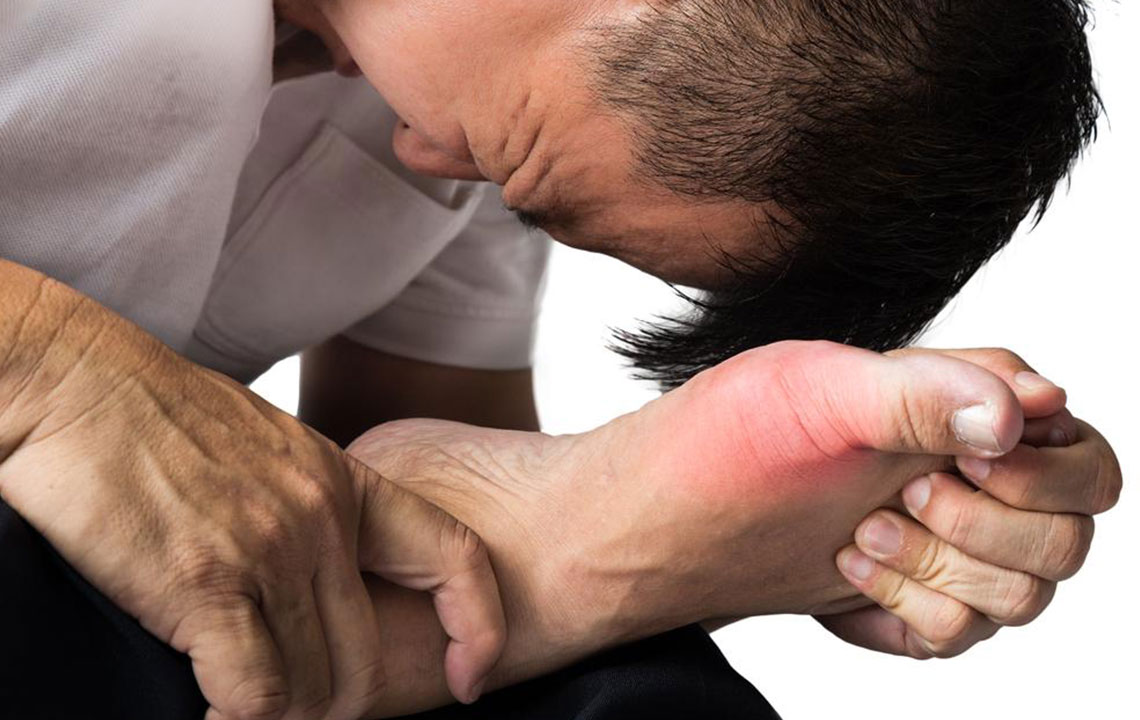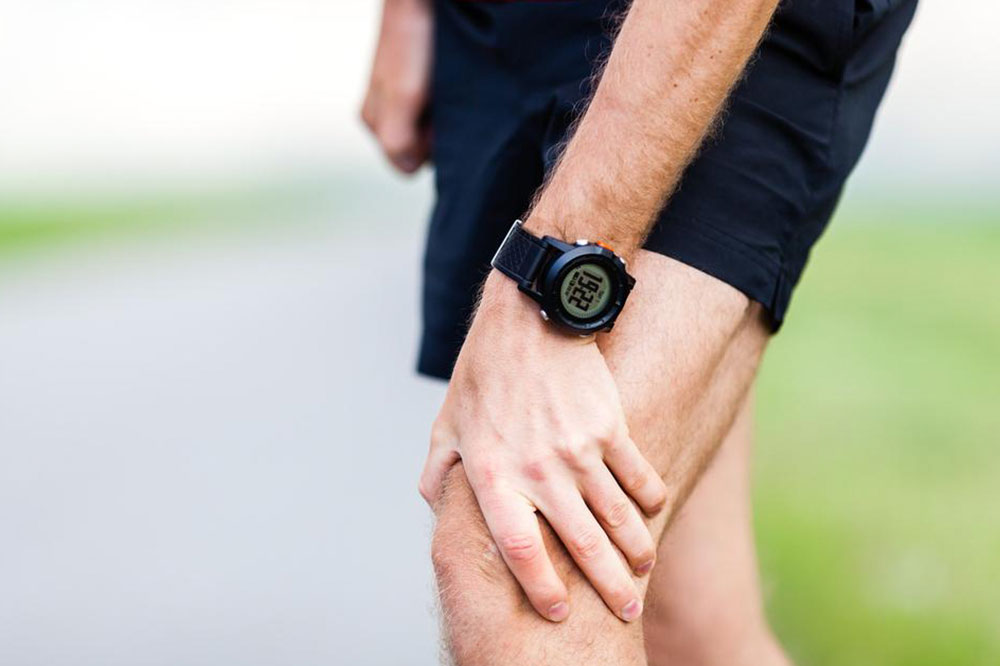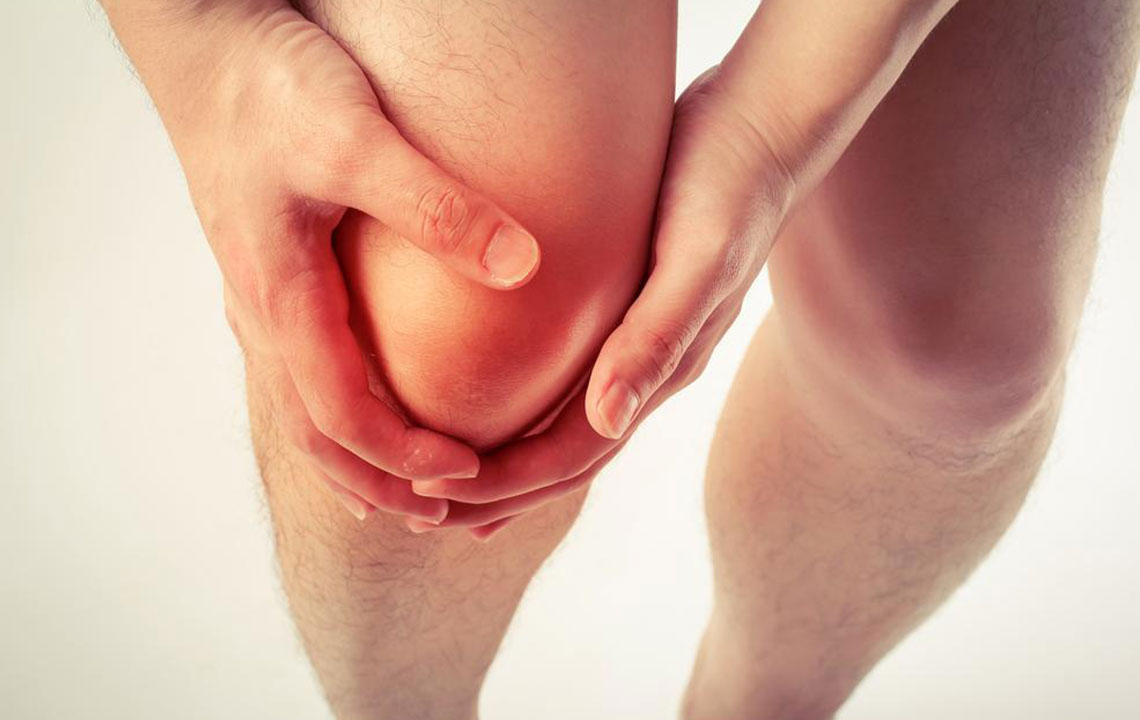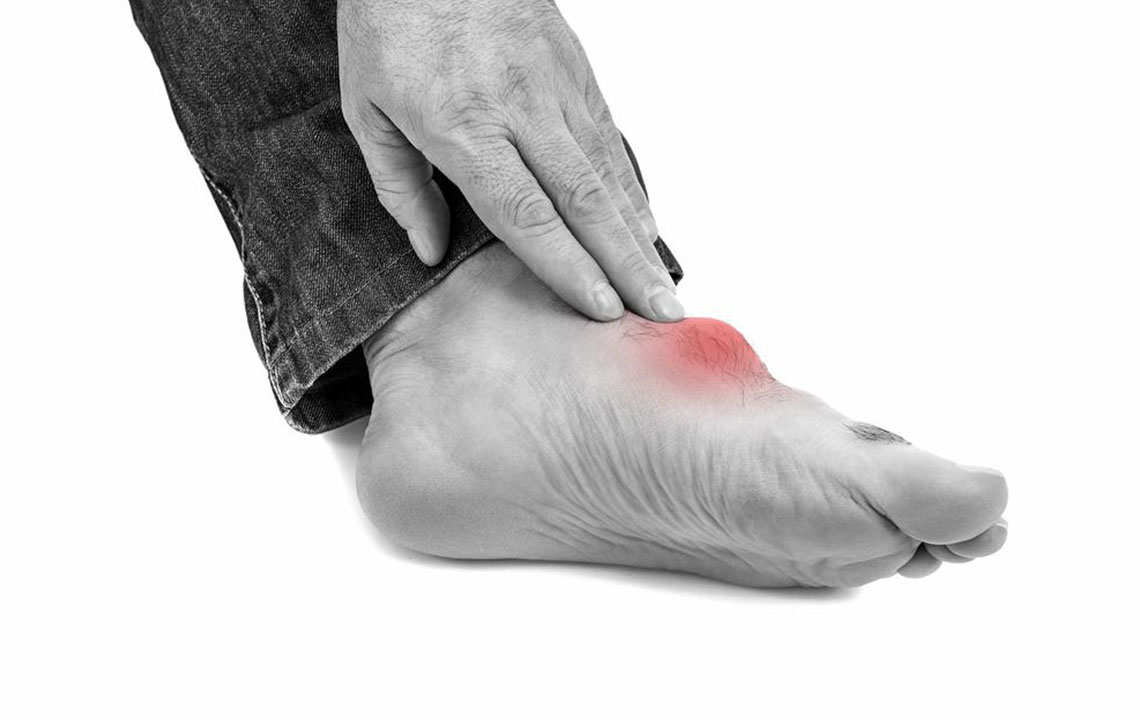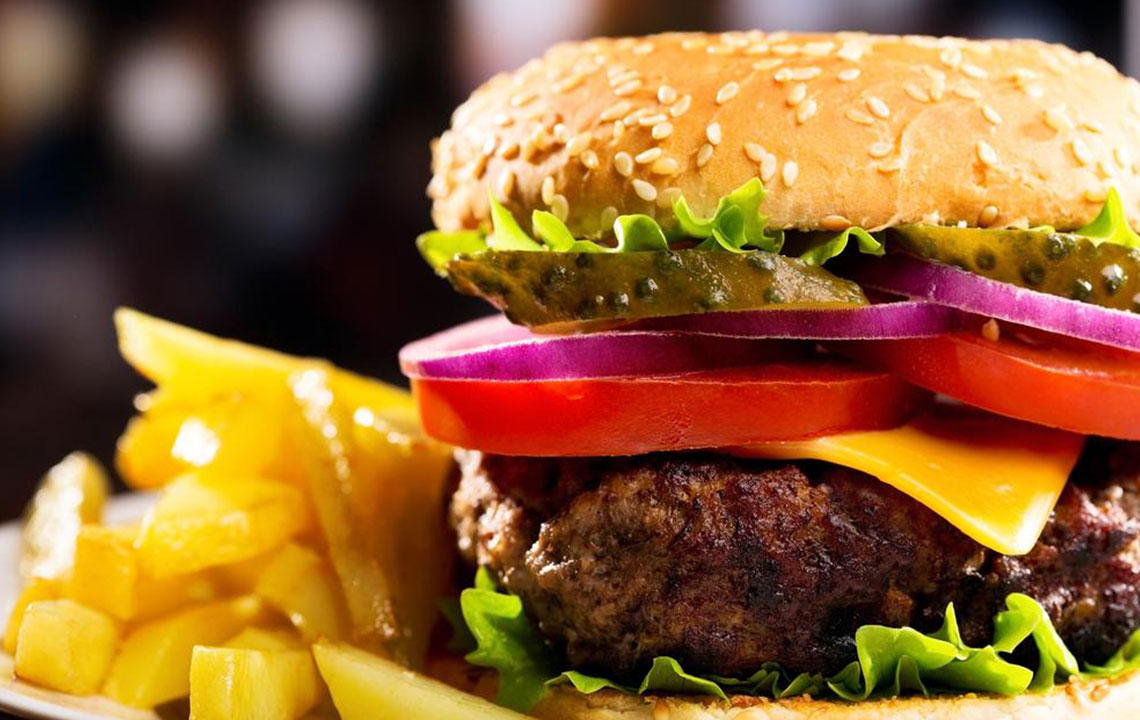Top 5 Factors to Evade for Gout Prevention
Discover the top five factors that trigger gout and learn practical tips to prevent flare-ups. From medication effects and weight issues to diet and footwear, this guide offers essential advice for managing and avoiding gout pain effectively.
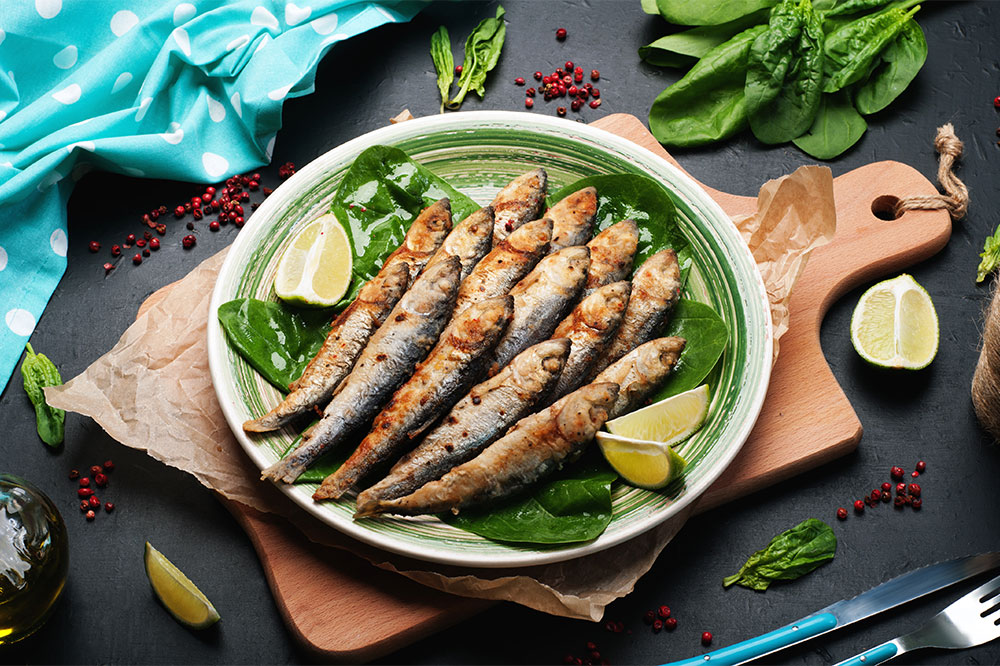
Top 5 Factors to Evade for Gout Prevention
Gout is a painful form of arthritis that targets joints, leading to intense discomfort. The pain can be so severe that even gentle touches feel unbearable. While movement can trigger gout flare-ups, several other factors also contribute significantly to its onset.
Use of Aspirin and Certain Medications
Understanding what causes gout is key to avoiding triggers. Gout results from excess uric acid in the bloodstream.
Uric acid forms when purines—found in many foods and drinks—break down. Normally, kidneys filter uric acid out via urine, but excessive amounts can deposit in joints, forming sharp structures that cause pain and swelling. Interestingly, aspirin, despite its heart benefits, can elevate uric acid levels, especially at low doses, increasing gout risk more in women. Similarly, diuretics like hydrochlorothiazide and medications such as cyclosporine and certain chemotherapy agents can impair uric acid elimination.
Overweight and Obesity
Carrying excess weight heightens the chance of developing gout. Additional fat and insulin levels can boost uric acid production, while the kidneys may struggle to excrete it efficiently. This increases uric acid accumulation, prompting gout attacks.
Foods High in Purines
Foods rich in purines, such as organ meats, salmon, sardines, bacon, mutton, and turkey, can elevate uric acid levels and should be consumed sparingly. Beverages with high sugar content and alcohol are also high in purines and should be limited to prevent gout episodes.
Dehydration
Dehydration leads to increased uric acid levels because the kidneys cannot effectively clear it from the blood. Drinking at least 6-8 ounces of water daily helps maintain proper hydration and reduces gout risk.
Ineffective Footwear
Since gout often affects the big toe, choosing appropriate shoes is vital. Tight or restrictive footwear can trigger attacks; women should opt for shoes with lower heels to minimize pressure and discomfort in affected joints.
Important Notice:
The information provided about symptoms, treatments, and health conditions is for educational purposes only. It should not replace professional medical advice. Always consult qualified healthcare providers for diagnosis and treatment recommendations rather than relying solely on online content.


